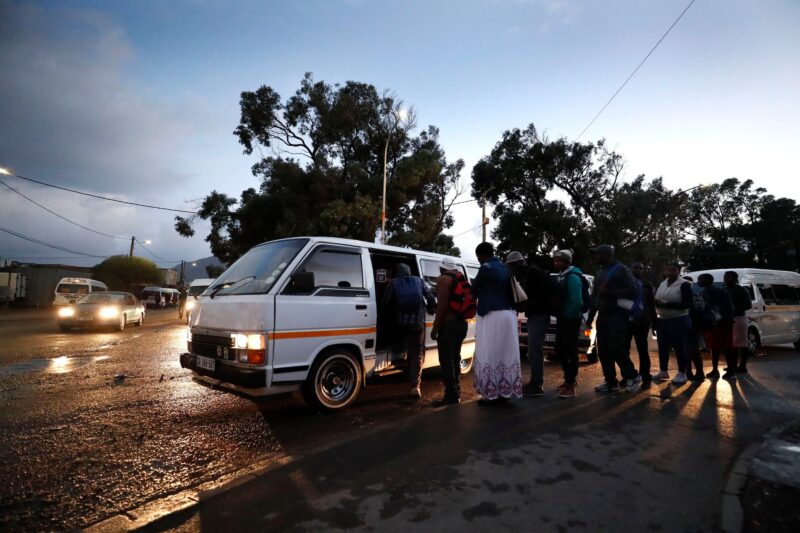
Reimagining Public Spaces: Integrating Urban Ecology and Environmental Education for Sustainable Paratransit Stops in South Africa
My research explores how urban ecology and environmental education can transform informal paratransit stops into sustainable public spaces. By proposing a scalable model for urban resilience and ecological stewardship, the project addresses pressing development challenges in South Africa and offers adaptable insights for other African cities.

Public spaces are vital for mobility, social interaction, and cultural and economic activities, all key aspects of urban life. However, informal paratransit hubs such as minibus taxi stops in South Africa often lack proper infrastructure, environmental sustainability, and inclusivity. Traditional top-down urban planning has largely overlooked these areas, resulting in socially disconnected and environmentally degraded urban spaces. This research investigates how a combination of top-down and bottom-up ecological urban design can transform these informal zones into functional, sustainable, and community-oriented environments. These initiatives can be enhanced through environmental education and the use of locally sourced, eco-friendly materials.
Using an interdisciplinary and participatory approach, the study combines urban ecology, environmental education, environmental design, and grassroots planning. It aims to:
- Evaluate the current ecological and social issues facing informal taxi stops.
- Explore locally focused design solutions for sustainable improvements.
- Utilise a combined top-down and bottom-up approach to create a framework for integrating ecological principles and environmental education into urban design policies.
A case study approach will concentrate on key informal taxi hubs in South African cities. Data will be collected through observations, stakeholder interviews, GIS mapping, participatory design workshops, and environmental education initiatives.
By providing a replicable framework for inclusive and sustainable public space transformation, this research contributes to the broader discussion on urban resilience and ecological responsibility in rapidly urbanising African contexts. Considering the importance of informal transport in South Africa, the project addresses an urgent need for more equitable and environmentally sustainable urban development strategies.

